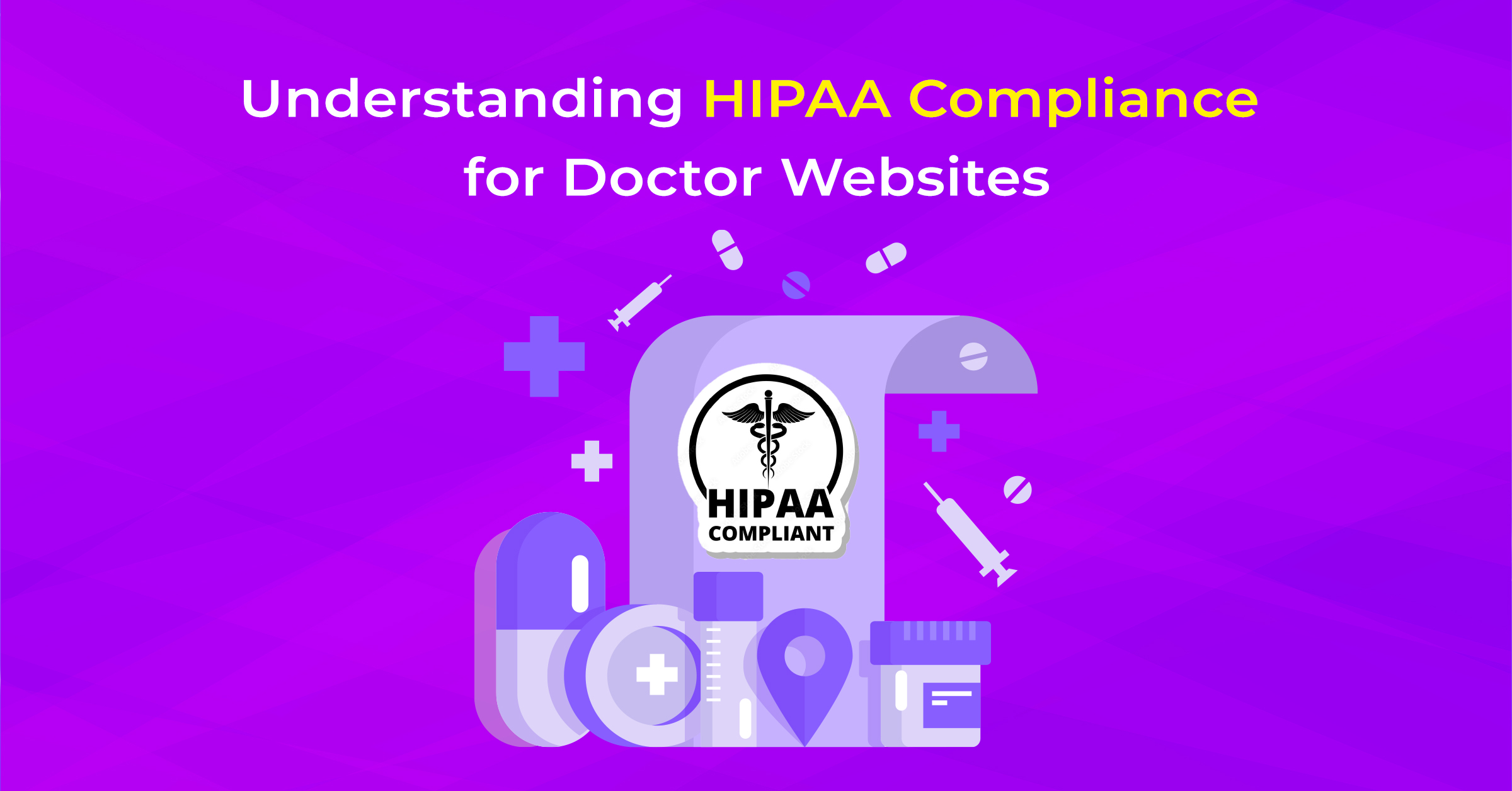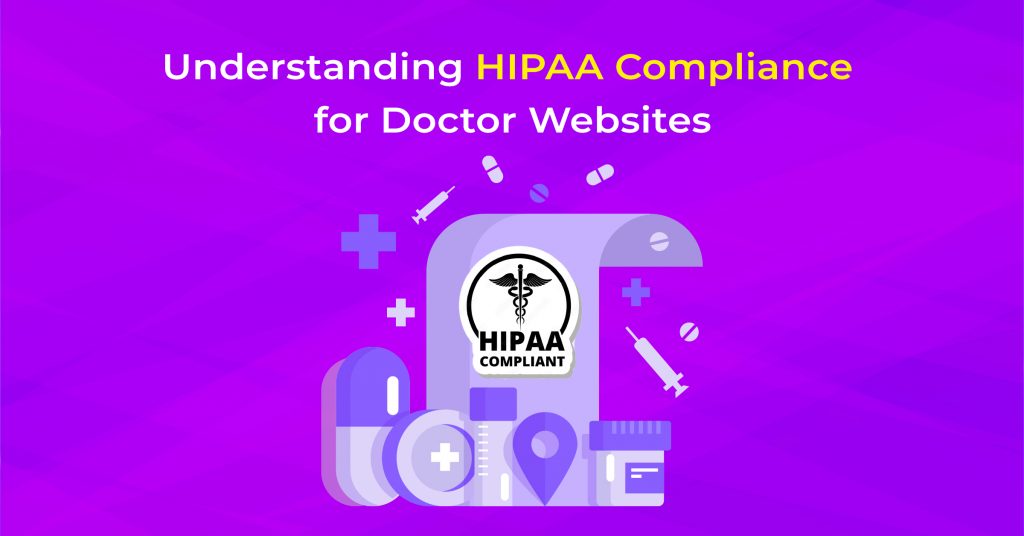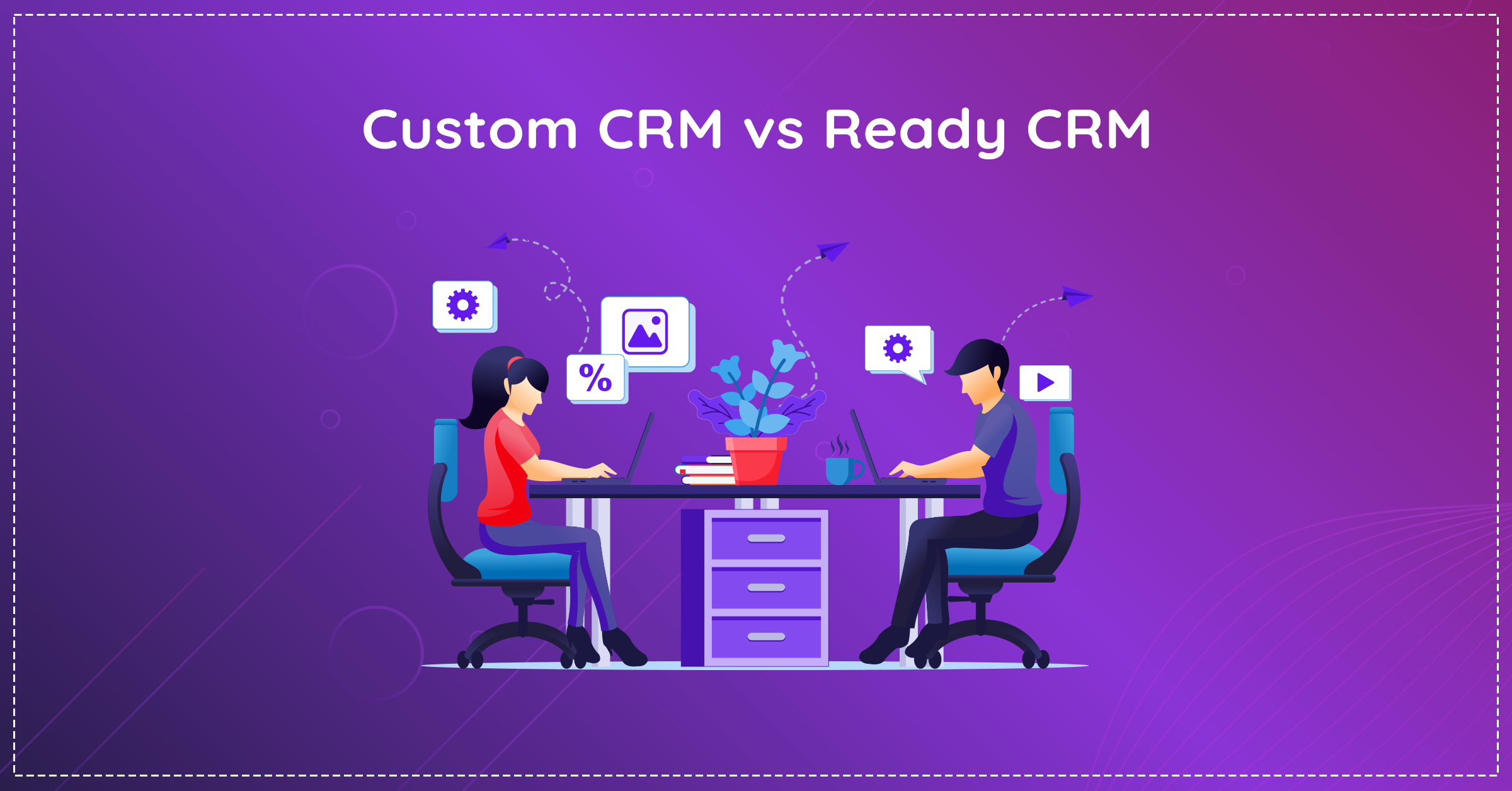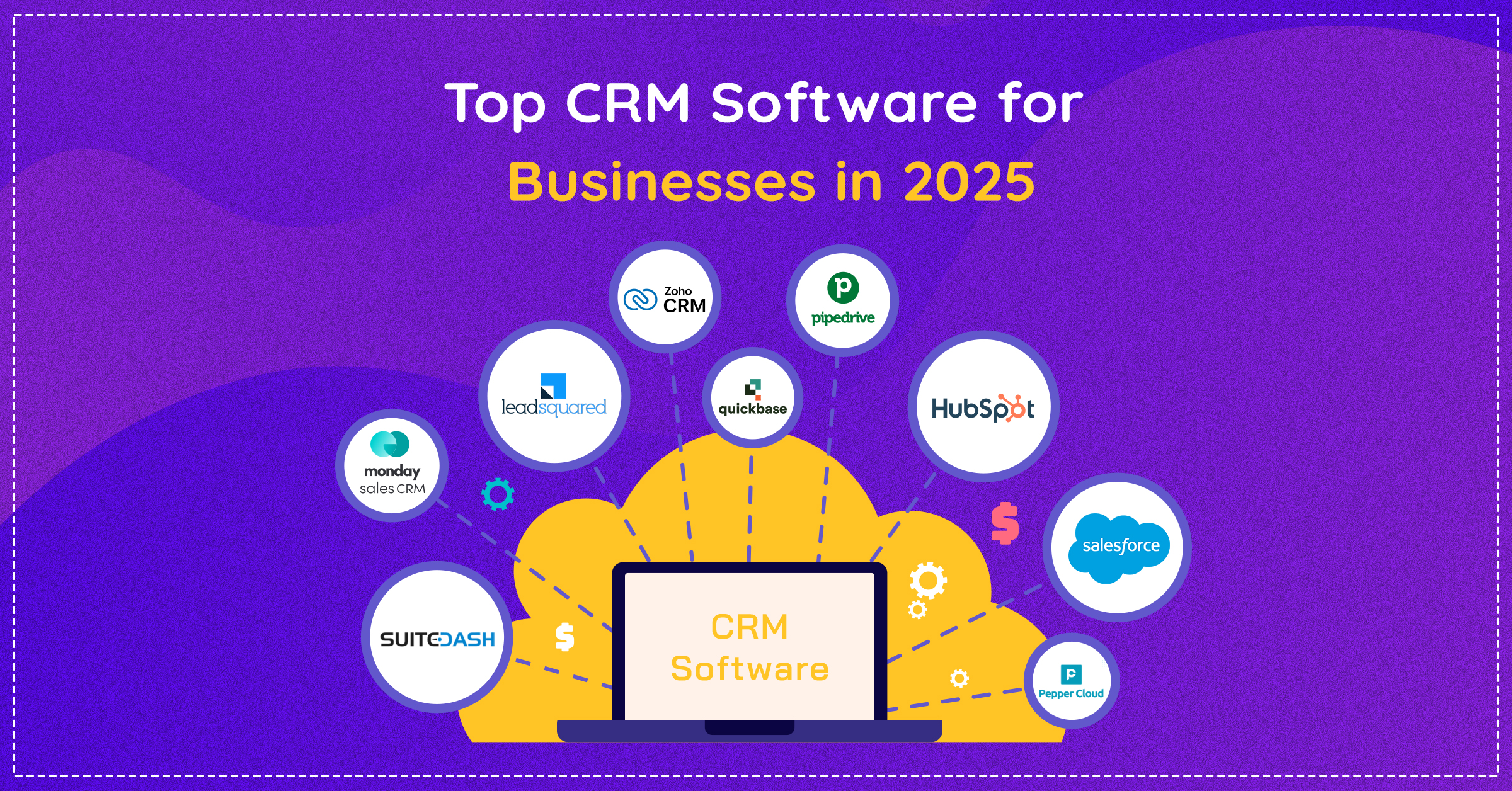In this blog, we will understand what is HIPAA Compliance for Doctor Websites.
Did you know the healthcare industry accounts for 79% of all reported breaches?
Data safety and security of the patients are of paramount importance for any healthcare industry. Making sure that patient’s data are safe and secure is vital and pivoted on HIPAA compliances. Every healthcare facility should adhere to these compliances to ensure that breaches don’t happen. Compromising the patient data will only lead to a loss of trust and might even lead to legal action or penalty.
As a responsible healthcare provider, you must know how HIPAA affects you and how to make your website compliant with HIPAA.
Introduction to HIPAA Compliance for Doctor Websites
HIPAA or Health Insurance Portability and Accountability provides privacy and security protocols for protecting the sensitive data of patients during storage, accessibility, and during transmission. According to HIPAA, healthcare providers or companies handling protected health information(PHI) must place security measures to comply with these rules.
HIPAA was introduced to streamline the process of physical to digital transition and safeguard the patient’s medical information. Going paperless will help to increase the efficiency of the healthcare industry.
Why is HIPAA so important for your website?
HIPAA introduced uniformity of the codes, making it easy to record and share health data, and electronic transactions became easy. If your website is HIPAA compliant, you will get financial benefits and also build trust in patients by keeping their sensitive data secure. Additionally, it increases the morale of the staff members.
Overview of HIPAA Regulations
In 1996, former President Bill Clinton created and signed the Health Insurance Portability and Accountability Act to protect sensitive patient data. Today, this U.S. legislation offers data privacy to secure patients’ medical information.
HIPAA includes the following five titles:
- Title I- Protects health insurance coverage
- Title II- Directs the U.S. Department of Health and Human Services
- Title III- Relates to tax-related provisions
- Title IV- Further form of health insurance
- Title V- Includes conditions associated with company-owned insurance
HIPAA gives stringent rules for the safety of public health information. These rules aim to find an optimal balance, ensuring the protection of patient privacy while facilitating the appropriate use and exchange of information.
Now, it’s evident that HIPAA applies to everyone dealing with sensitive health-related data. So, doctor websites that handle patient information online, must be HIPAA-compliant.
Understanding Protected Health Information (PHI)
PHI or Protected Health Information, under HIPAA, denotes all the data related to the medical status of any individual, for instance, medical records, medical receipts, provision of healthcare, etc.
A PHI encompasses information like the patient’s name, date of birth, social security number, address, medical record, and so on. These data can be used to identify a particular individual in the context of their health condition. HIPAA sets strict rules for the protection and confidentiality of PHI to safeguard individuals’ privacy and maintain the integrity of healthcare data.
HIPAA Compliance Requirements for Doctor Websites
A HIPAA-compliant website should provide a business associate agreement (BAA) upon inquiry for a better understanding of its coverage. It consists of some major areas:
PHI (Protected health information)
It ensures the personal data of any patient to be treated or treated before, will be protected under HIPAA laws.
Coverage Entity
In terms of HIPAA legal language, we can state it is a healthcare business or medical practice provided to the patient.
Business Associate
It provides services, technologies, websites, software databases, electronic storage, etc.
BAA
It is a legal document provided at the clinic that says that BAA has taken steps concerning the HIPAA checklist. This is done to provide security and other measures to protect PHI.
Ensuring Website Security and Data Encryption
Data Encryption is a critical aspect of HIPAA security, which scrambles the data with an algorithm. It can be only accessible by authorized users with a high-security key in the form of a password or authenticator.
Access controls provide the user with the right to perform or access functions using applications, files, or programs. It should ensure that only authorized user accesses with minimum information provided.
Audit trails help to monitor the persons when they have accessed or modified PHI. It also keeps track of actions like adding, deleting, or modifying at a very small level.
Data backup procedures state that any type of files or media used for backing up ePHIL should be physically stored securely at any offsite or any other location so that if any disaster takes place, then data can be secure.
Training Staff on HIPAA Compliance
HIPAA training should be given to existing and new staff, including explanations and measures to protect sensitive medical information. This includes HIPAA rules, security awareness, data security, data breaching, phishing, and password management.
Conducting Risk Assessments and Audits
Risk assessment can help to evaluate or understand more about the potential risks and vulnerabilities in the organization and how to manage the organization in such a situation. On the other hand, an audit helps to track the actions performed. Also, it helps to identify the type of risk and focus on the mitigation and resolution of the potential risk in the future.
Conclusion
As the healthcare landscape continues to evolve in the digital age, safeguarding patient data has become an ethical imperative and also a legal obligation for any healthcare provider. In this exploration of HIPAA compliance, we have delved into the intricacies of securing sensitive information on online platforms, emphasizing the need for robust security measures and stringent adherence to HIPAA regulations.
In doing so, you not only prioritize patient well-being but also contribute to the establishment of a healthcare environment that is both technologically advanced and ethically sound. Apart from these, your hard work also yields much-needed trust building for your website and instills credibility and a sense of security in your patients.
For expert assistance in building your HIPAA-compliant website and more, explore our dedicated service page – website design for doctors. Learn more and get in touch with us today to ensure your website meets all necessary standards. Check out our Website development page for more details about our services.






